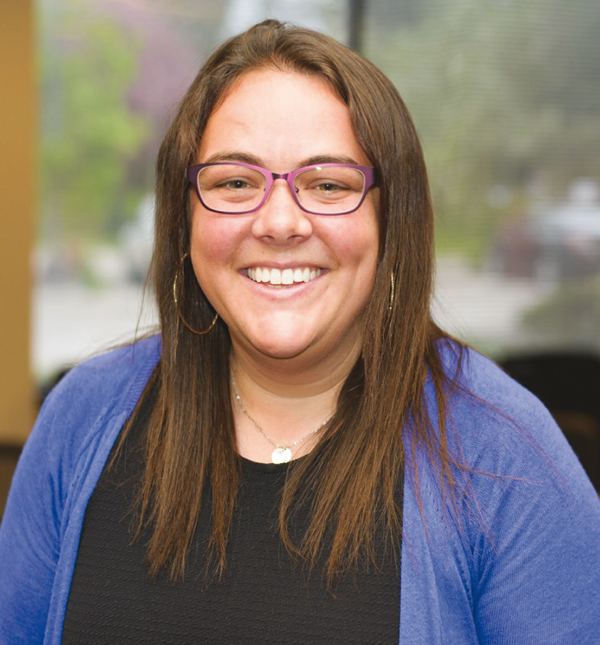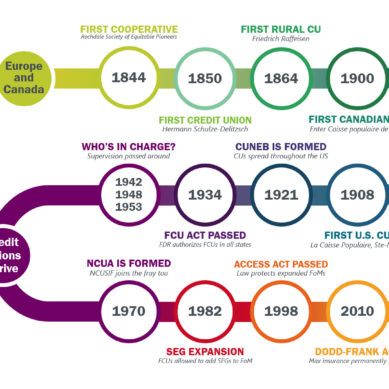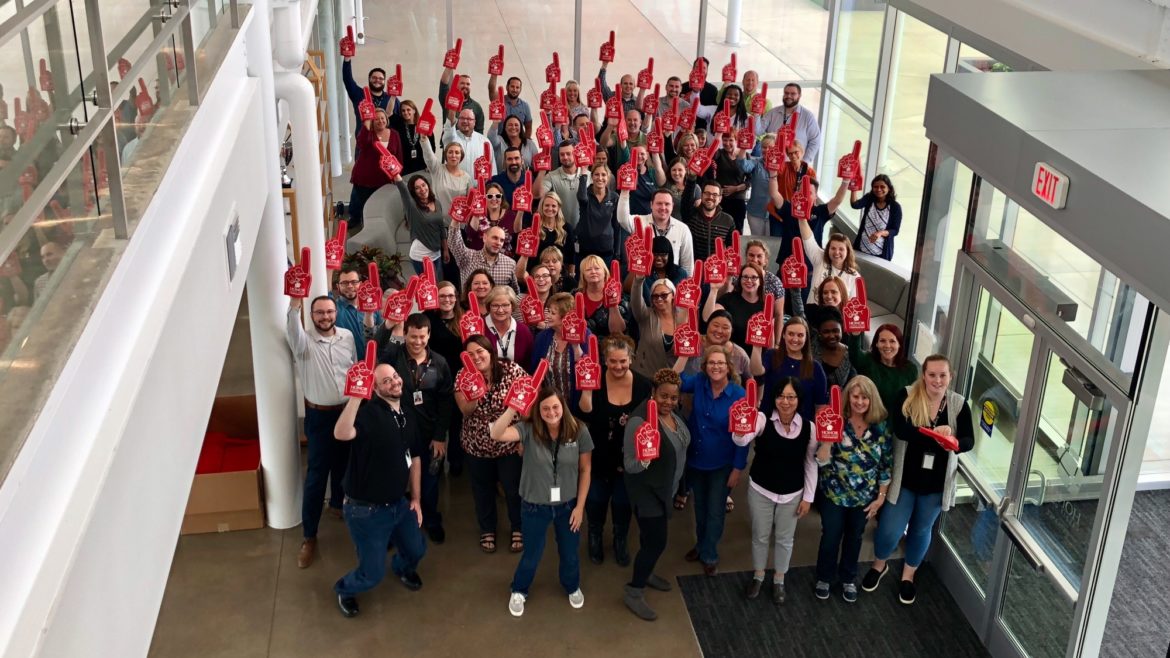Recently I had the chance to sit down with Deb Slavens from Honor Credit Union. Deb serves as Vice President of Innovation Technology and has been invaluable in building a data analytics team at the credit union as well as aiding the CU*Answers Asterisk Intelligence team come to life over the last few years. She has worked with the CU*Answers Data Boot Camps on multiple occasions and continues to be a driving force within the world of data.
Keegan Daniel: As an original member of the CU*Answers Data Boot Camp 3 years ago, how have you been able to incorporate data initiatives and concepts into your team?
Deb Slavens: When I first walked into boot camp, I wasn’t sure what to expect. I knew that building a team that was focused on data was a priority for our credit union, but I wasn’t sure I was qualified to lead it. I didn’t have a degree in Data Analytics, and I was certainly not some kind of data scientist. I had experienced a few wins with data and it had ignited a passion in me that I had to pursue. When I met the participants of the boot camp and heard their stories, I was shocked how similar we all were. I learned that I just needed to START. Create a team, define their job descriptions, use the tools that are available, and build an audience. Boot camp was instrumental in the launch of Honor’s Business Intelligence team.

Deb Slavens
Keegan: I know that between myself and the rest of the Asterisk Intelligence team, we have spent a great deal of time working and collaborating together on initiatives related to data. What have been some of your favorite achievements over the course of these interactions?
Deb: I love passing ideas and sharing knowledge between our two intelligence teams. While AI’s scope is much larger, with many credit unions to focus on, we are aligned with the same credit union challenges and opportunities. In the early days of building our teams, we were challenged by [CU*Answers CEO] Randy Karnes to write a catalog of services that a data team would offer. This was the first time I really began thinking of Honor’s BI team as a business. It helped me rethink our offerings and begin to put a price tag on our work. We started asking, What would be done with the insights provided? What would be Honor’s return on investment with each data engagement? It helped us avoid runaway curiosity and report hoarding just for the sake of comfort.
Keegan: Building a business intelligence team is no small feat. How did you sell your CEO on the concept?
Deb: This might be cheesy, but one of my favorite movie quotes is from the movie The Patriot, “Aim small, miss small.” I didn’t ask our CEO for $1M to outsource the construction of a data warehouse and hire a team of data scientists. We started small, selling it by the slice. Taking full advantage of the multitude of free tools available to CU*Answers credit unions, we stepped slowly into building the culture. Our team continues to evolve and prove the value proposition with each step of the journey. In order to compete in the future, you won’t be able to dismiss the power of data. At Honor, data is a top-down supported business.

























































